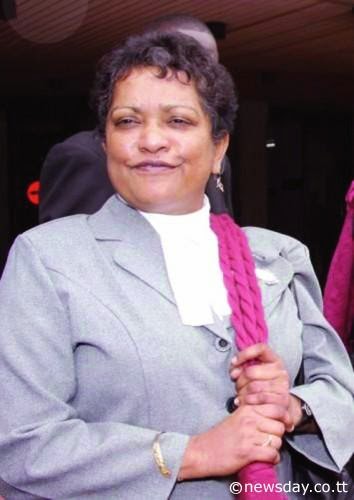Barbados : Development or Exclusion
One Caribbean Nation.
Not anti-development, just anti-exclusion
Today’s Editorial
On the surface, Barbados appears to be moving forward with high-end hotels, airport upgrades, and multimillion-dollar partnerships that frequently dominate the news cycle. The country is marketed as a rising star of Caribbean luxury tourism, with glossy renderings of resorts and ribboncuttings used as symbols of progress. But for many Barbadians, this version of progress feels increasingly out of reach.
Behind the ribbon-cuttings lies a more sobering reality: one of rising inequality, poor public consultation, and a development model that appears to benefit a select few while leaving the average citizen behind. The image of progress has been carefully curated, but the substance is uneven at best.
Take the highly-publicised Pendry Barbados development – a branded luxury resort with residences, beach clubs, and exclusive amenities. While these may sound like economic game changers, growing concerns suggest they are emblematic of a model of development that favours foreign investors and a privileged few, while leaving most Bajans behind. The project has been announced with fanfare, yet questions remain about who truly benefits.
Will ordinary Barbadians be able to access these spaces? Or are we building enclaves that symbolise exclusion more than empowerment? The Central Bank of Barbados’ 2024 Economic Review notes continued growth in sectors like tourism and construction – the very industries powering these large-scale developments. But while Barbados has recorded positive growth in these key sectors, that growth is concentrated. It has not translated into higher wages, better housing opportunities, or meaningful mobility for the majority of households. Economic progress on paper does not always equal social progress in people’s lives.
Supporters of these major developments argue that they create jobs.
Construction projects bring short-term employment, and operational resorts offer roles in housekeeping, landscaping, and food service. But these are often low-wage, low-mobility positions. Once the ribbon is cut, higherpaying managerial roles are frequently filled by foreign hires or expatriate consultants. Too often, locals are left on the bottom rung of the ladder while outsiders claim the top.
One of the most persistent criticisms is the lack of transparency and public consultation. In the case of the Pendry development, while the Prime Minister mentioned the project during the 2023 Budget Speech, indicating it was discussed within government and with the developers, there was no mention of broader public consultation. In fact, few details have been shared with the public about potential environmental impacts, beach access rights, or the integration of the project with surrounding communities. For a small island where land and coastline are finite and precious resources, this lack of transparency is not just a governance issue—it is a generational one.
Barbadians are not anti-development. They’re anti-exclusion—and not just from information and transparency, but also from long-term development benefits that should reach the average Bajan household. The frustration comes not from opposition to hotels or infrastructure, but from a sense of being spectators rather than participants in the transformation of their own country.
In fact, what the country needs is equitable development: progress that empowers rather than displaces, and includes rather than sidelines. That means mandatory public consultations for all major projects, with accessible information and follow-up transparency. It also means community benefit agreements that guarantee local jobs, infrastructure improvements, and reinvestment into affected areas. There should be luxury tourism taxes or levies directed toward affordable housing, land access, and youth entrepreneurship. And there must also be stronger support for local industries like agriculture, manufacturing, and the creative sector. These sectors have the potential not only to diversify the economy but also to ensure that wealth circulates within communities instead of being siphoned off to foreign investors.
True development is not just about GDP or foreign direct investment. It’s also about how many families can afford a home, how many young people can imagine a future on the island, and how communities can rise together.
It is about whether Barbadians feel a sense of ownership over their nation’s progress, or whether they are reduced to bystanders watching prosperity pass them by. Unless we centre equity in development, the gap between the Barbados on glossy brochures and the Barbados experienced by ordinary citizens will only continue to widen.
From Barbados Today, Editorial Tuesday , !9th., August 2025



Comments